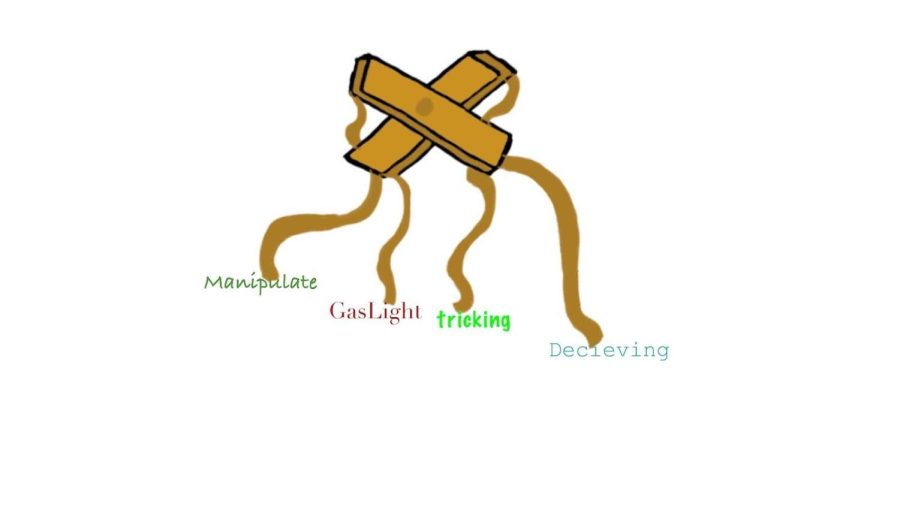Gaslighting is a dangerous form of emotional abuse
There are ways to spot gaslighting and put a stop to it
People often confuse the meaning of gaslighting and underestimate the effect it has on a person.
Gaslighting is a form of manipulation that occurs in many toxic relationships. It is a form of emotional abuse where the abuser attempts to confuse the target, ultimately making them question their own judgment. Assistant professor of sociology at the University of Michigan, Paige Sweet, who studies gaslighting, describes it as making someone feel unstable — making them feel that what they’re experiencing isn’t real and that no one else feels the same.
The term “gaslighting” became popular after a 1938 play “Gas Light”, where a husband attempts to make his wife think she’s going crazy. He hides things around the house and when she notices, he twists the stories, making her believe she can’t remember moving them. The husband’s plot was to lock the wife up in a mental institution in order to steal her inheritances.
Although the signs of gaslighting may be difficult to notice, here are a few that can be spotted:
- They insist you said or did something you know you never did
- Calling you “crazy” when you show your concerns or needs
- Expresses worry about your state of mind or behaviors
- Demand they are right and not take into consideration your perspective
- Manipulating stories in order to put you at blame
A gaslighter’s goal is to be in charge and in control of the situation at all times. When gaslighters feel threatened they will do anything and everything to maintain power.
If you or someone you know is a victim of gaslighting, here are some ways to stop it:
- Identify the problem. Recognizing and understanding the problem is the first step in addressing the problem.
- Collect evidence. Collecting information can help keep track of what’s going on. Screenshots, recordings, and notes may all be helpful.
- Speak up. Don’t be afraid to speak up and point out behaviors of gaslighting.
Your donation will support the student journalists of Mead High School. Your contribution will allow us to purchase equipment and cover our annual website hosting costs.

Aspen Bingham is a junior. She enjoys writing, shopping, coloring, and animals. She currently attends St. Vrain Virtual and is hoping to go into psychology. She is looking forward to exploring new writing styles and connecting with her community.

Blake Kline is a senior. He enjoys skateboarding and hanging out with friends. He is looking forward to bettering his skills in graphic design skills this year on The Mav.
















